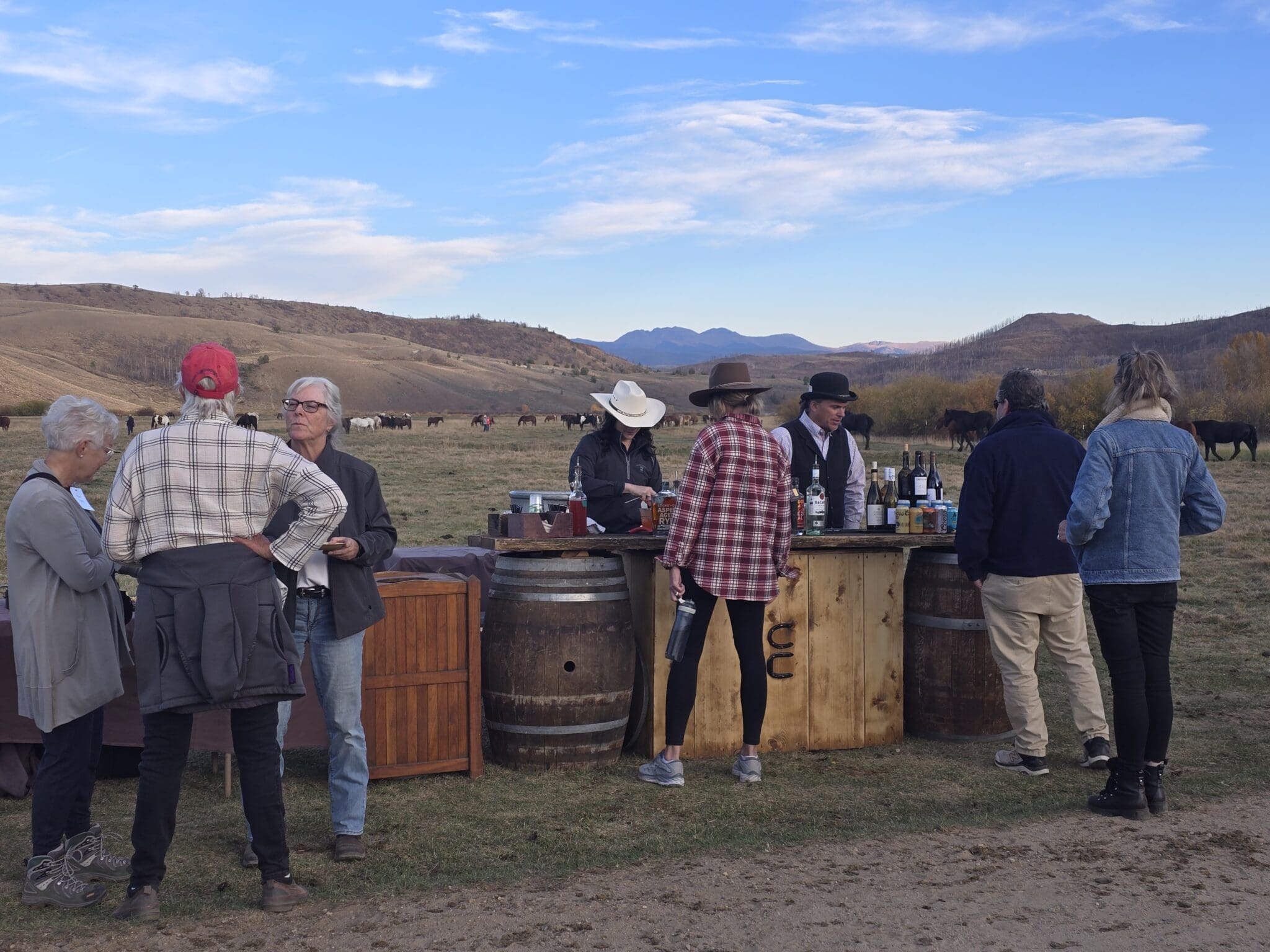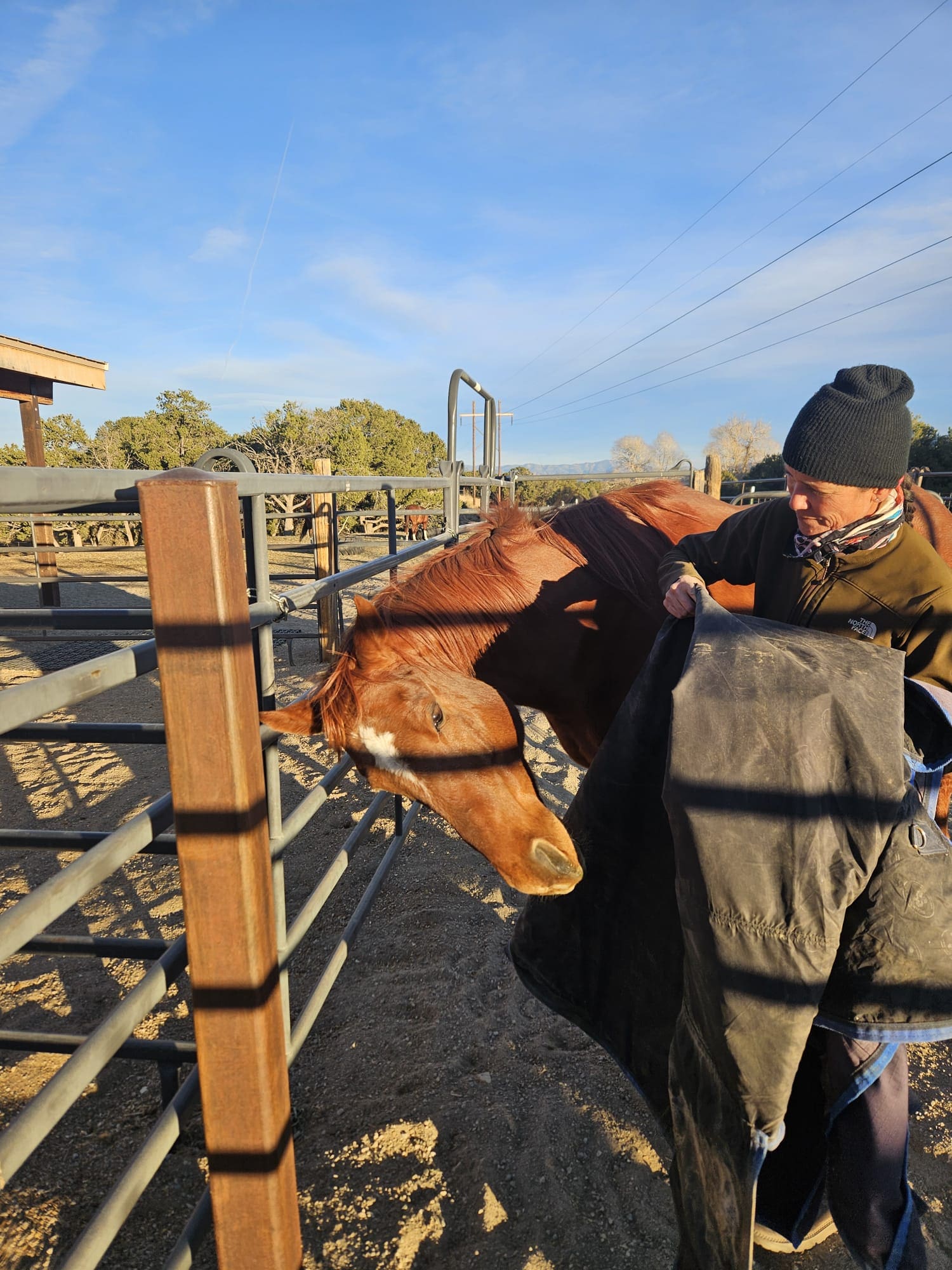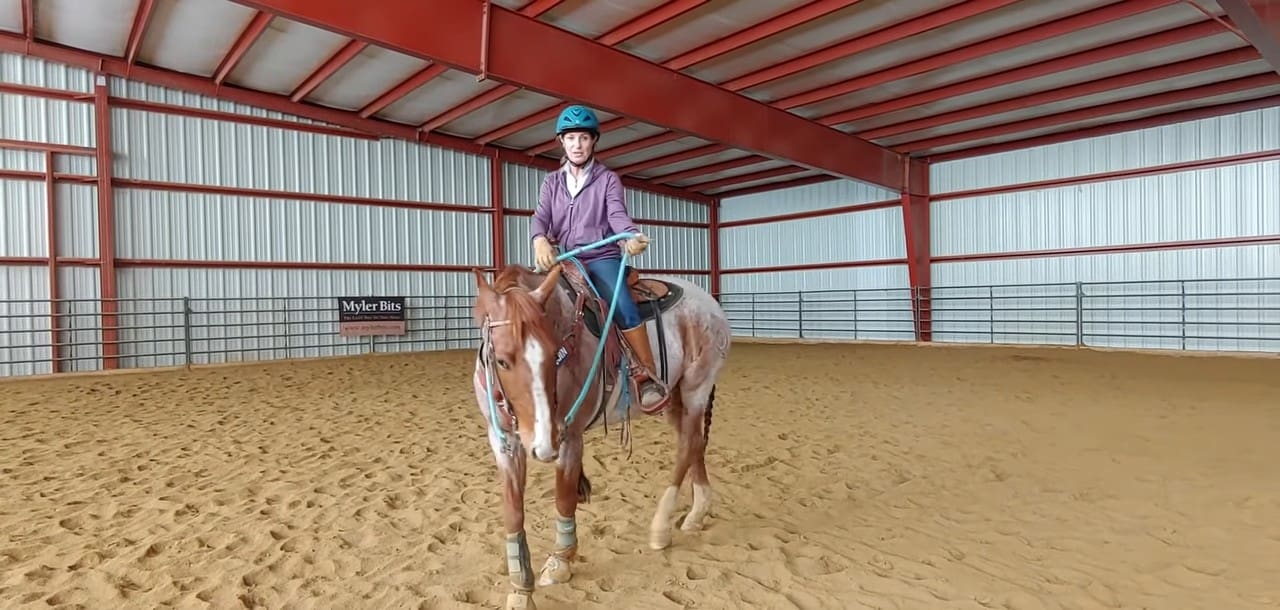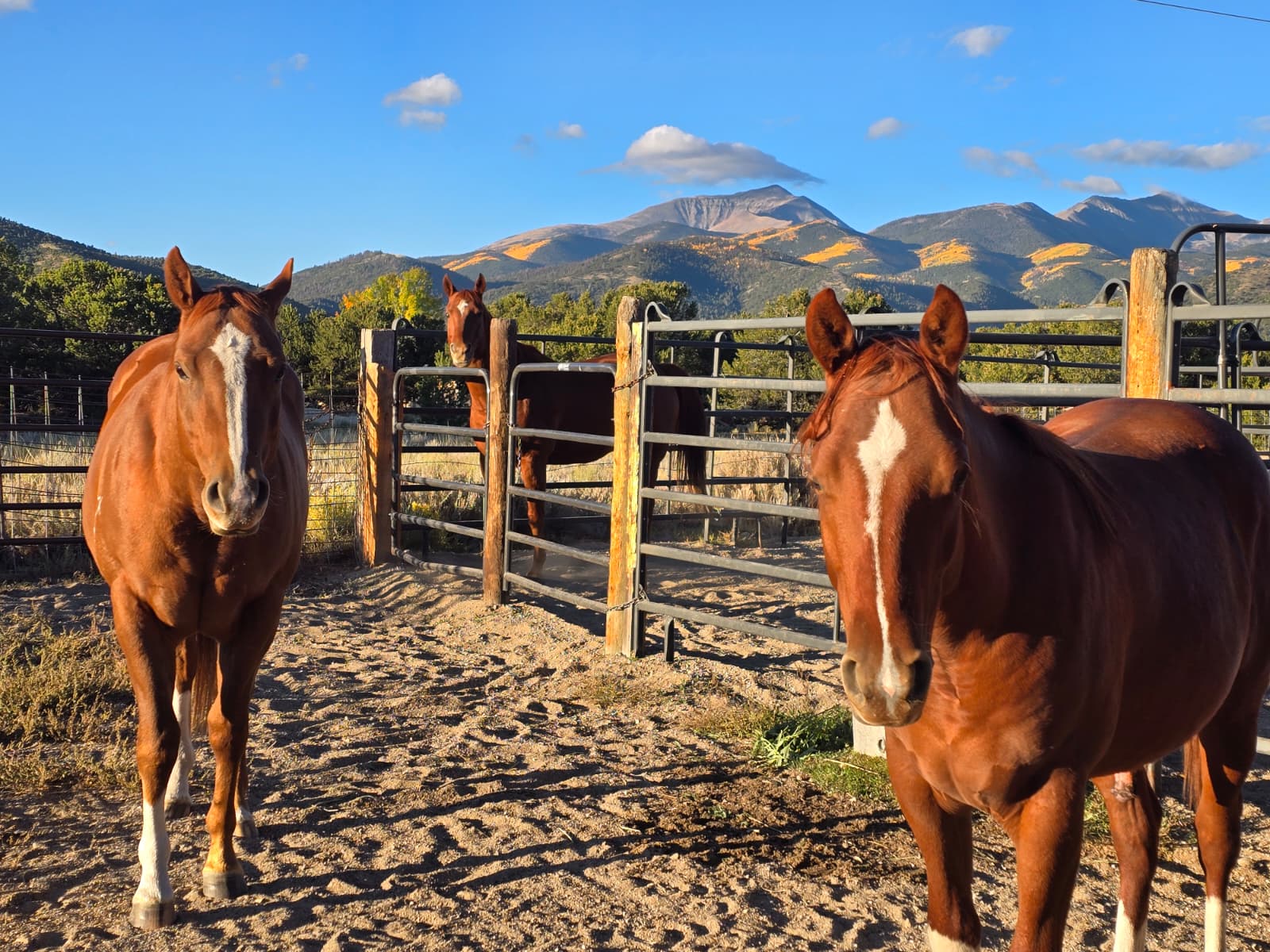Horses have taught me a lot in the past 50 years. In particular, I have learned that there are three things to keep in mind when it comes to horses:
Never say never.
Never say always.
Always plan for the worst case scenario.
Horses will always make a liar out of you. If you say that a particular horse is perfect and well-behaved, chances are he will embarrass you momentarily. If you take great pains to describe how bad your horse can be, he suddenly turns into a perfect angel. Have you ever had this experience with horses? I have a bunch. Enough that I do not believe it is coincidence. Somehow horses know when you are bragging on them and they know when you’re not and they have an uncanny ability to make a liar out of you. One of these days, I am going to figure out how they do that.
For example: recently, when showing a buyer a horse I had for sale—a mature and experienced trail horse, the buyer asked, “What does he do when he spooks?” My answer, in a moment of stupidity, was, “He never spooks.” Of course, you can imagine what happened less than 15 minutes later. Note to self: NEVER say a horse never spooks. He was a good horse and I did sell him to that buyer regardless, but you’d think by now I would know better than to say something like that.
Another example: for the TV show, time and time again, the subject horse becomes instantly trained as soon as we turn the camera on. We have learned to always shoot the “Before” footage first because unless we can capture the “problem” on tape, we cannot really make an episode out of it. Twice now, we have had horses lined up that have supposedly had a “problem” crossing water. The owners have emphatically stated that, “He always balks and refuses at water.” And twice now, our unused “Before” footage shows the horses walking straight into the water obstacle without hesitation and we subsequently ended up taping an episode on totally different subjects. Interestingly, the secondary topics have ended up making very popular episodes—one was about saddle fit, the other about training a horse to side pass.
And one thing my father taught me about horses, was to always keep the worst-case-scenario in mind when you are doing things with horses. For instance, I remember being on a pack trip with my father and we stopped for lunch at a high mountain lake. He tied one of the horses to a huge dead tree trunk laying on the ground—this thing was two feet around, thinking it was surely an unmovable object and therefore safe to tie to, having not kept in mind the worst-case-scenario factor. Naturally, something startled the horse and he pulled back, moving the entire tree trunk and causing a much bigger spook in the horse. The wreck ended when something finally broke. If you keep in mind the worst that can happen and readjust your actions, you and your horse will be much safer.
I think about this every time I see someone leading a horse wearing sandals or opening the horse trailer door before the horse is untied. The more experience with horses you get, the more you come to understand how easily things can go wrong. Do you ever see someone doing something that you know can cause a major wreck and wonder how they get away with it? What’s the biggest bonehead thing you’ve seen someone do? I can tell you, from my life time of experience with horses, that it pays to have an abundance of caution. What have horses taught you?
Enjoy the ride,
Julie
Join Julie’s Library Membership for more Training Information.



